The Conversation
Ben is a regular contributor for 'The Conversation' — an online publication which aims to make science more accessible to the public.
Latest Articles

April 22, 2023
The idea that climate change is perceived as “psychologically distant” – happening in the future, in distant places, to other people or animals – has long been presented as a major barrier to action on climate change.

October 12, 2022
What happens when people withdraw their retirement savings early? We've just found out.

July 30, 2021
How can we inject more reality into gamblers’ overestimation of their chances of winning? One simple tool is feedback.

May 28, 2021
Bias is a psychological process detectable in individual judgements. Noise is a different phenomenon affecting human decisions.
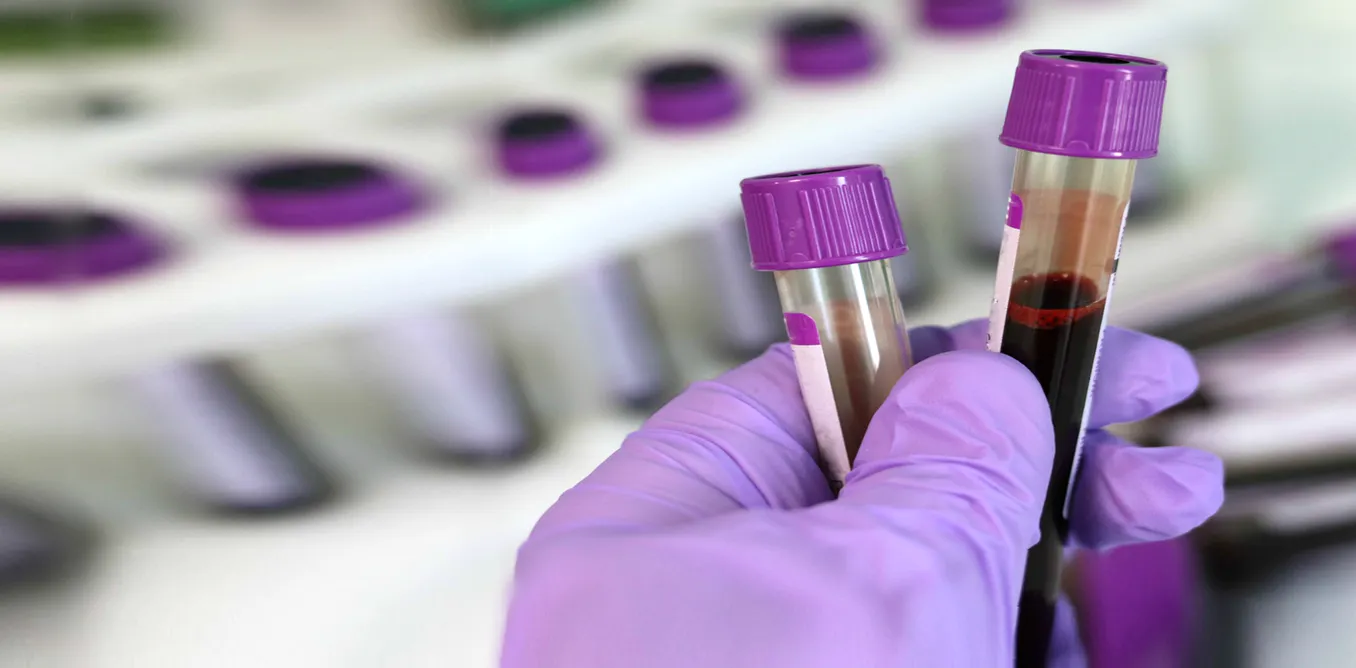
December 28, 2020
Australia’s behavioral economics unit publishes rather than hides the results of its unsuccessful experiments.

May 01, 2020
Is it safe to nip out for milk? Should I download the COVIDSafe app? Is it OK to wear my pyjamas in a Zoom meeting? All these extra decisions are taking their toll.
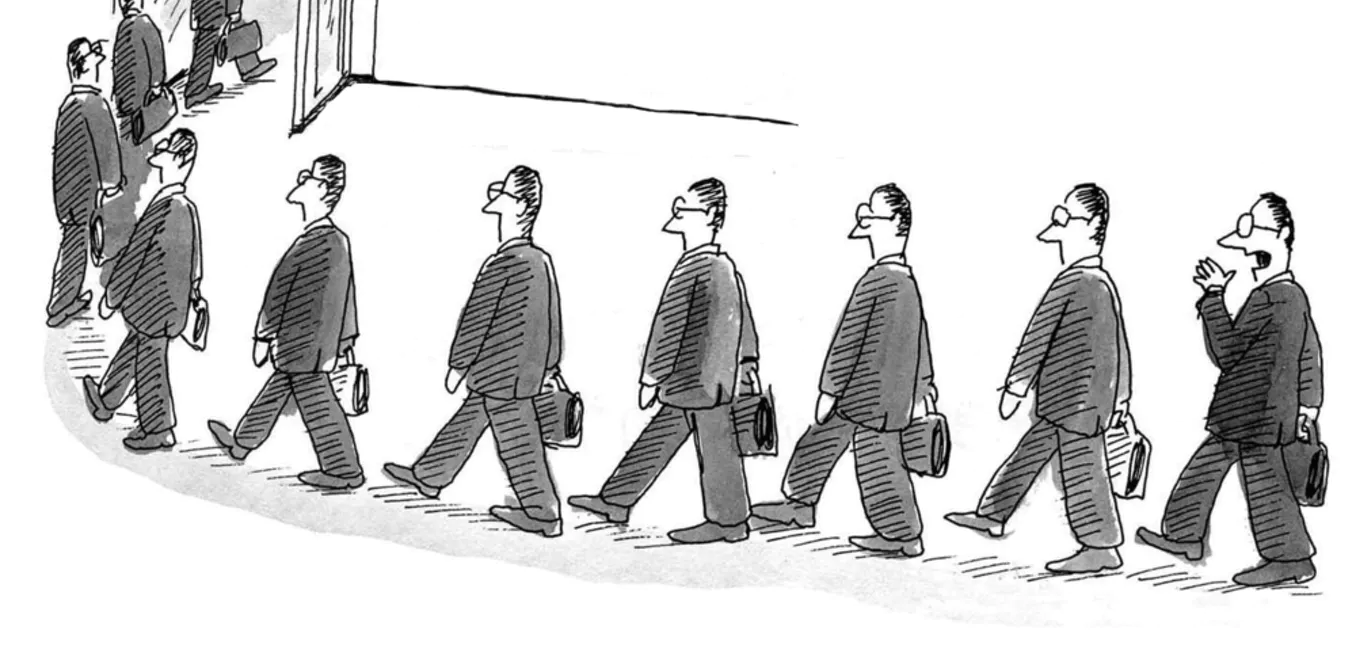
September 18, 2019
Far from having a lack of procedures, scientific method is based on observation, prediction, test and appraisal.
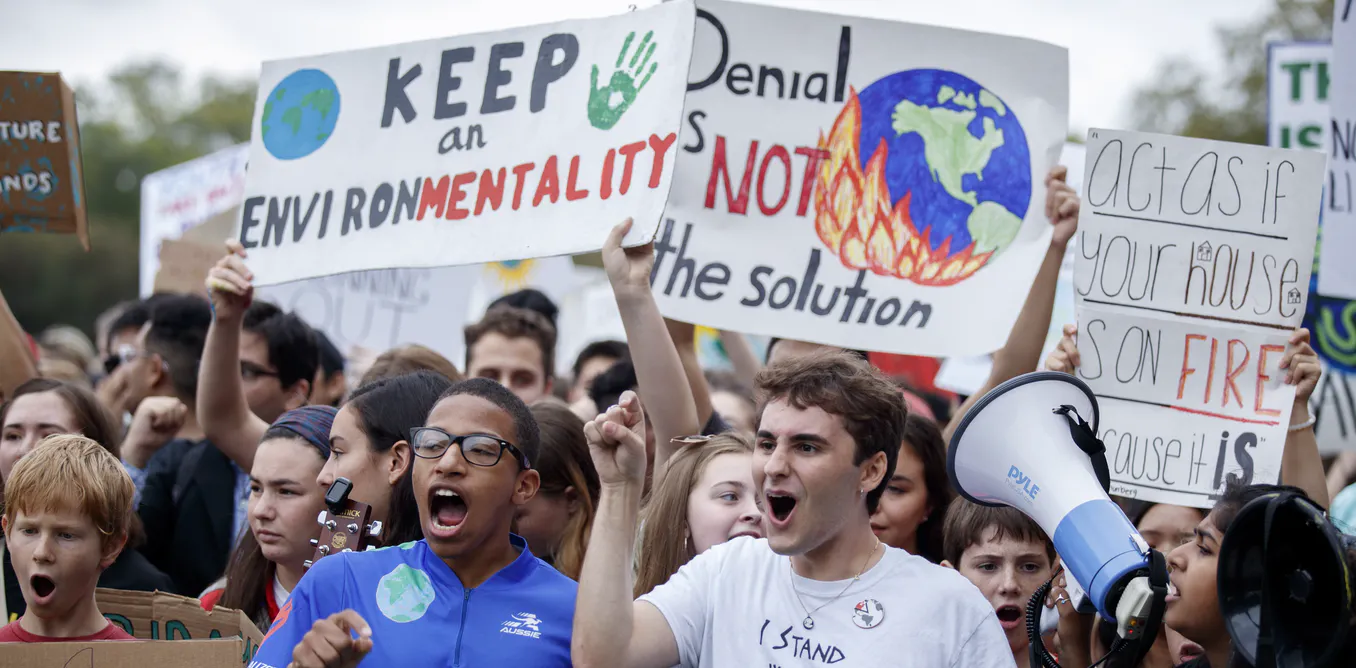
September 18, 2019
Mass strikes help target the psychological factors most important for acting on climate change, by emphasizing social norms and reinforcing the effectiveness of collective action.

May 08, 2018
To give the best chance for science to have an impact, we need to present our arguments to the public in the most convincing ways we have available. Applied psychology can help.

October 04, 2017
We’re being ‘nudged’ to make good health choices every day. But who decides what’s best? And what happens when we don’t agree?

March 30, 2017
We naturally overestimate the risk of rare events, like shark attacks or terrorism. But there are things you can do to think more rationally about the real risk.
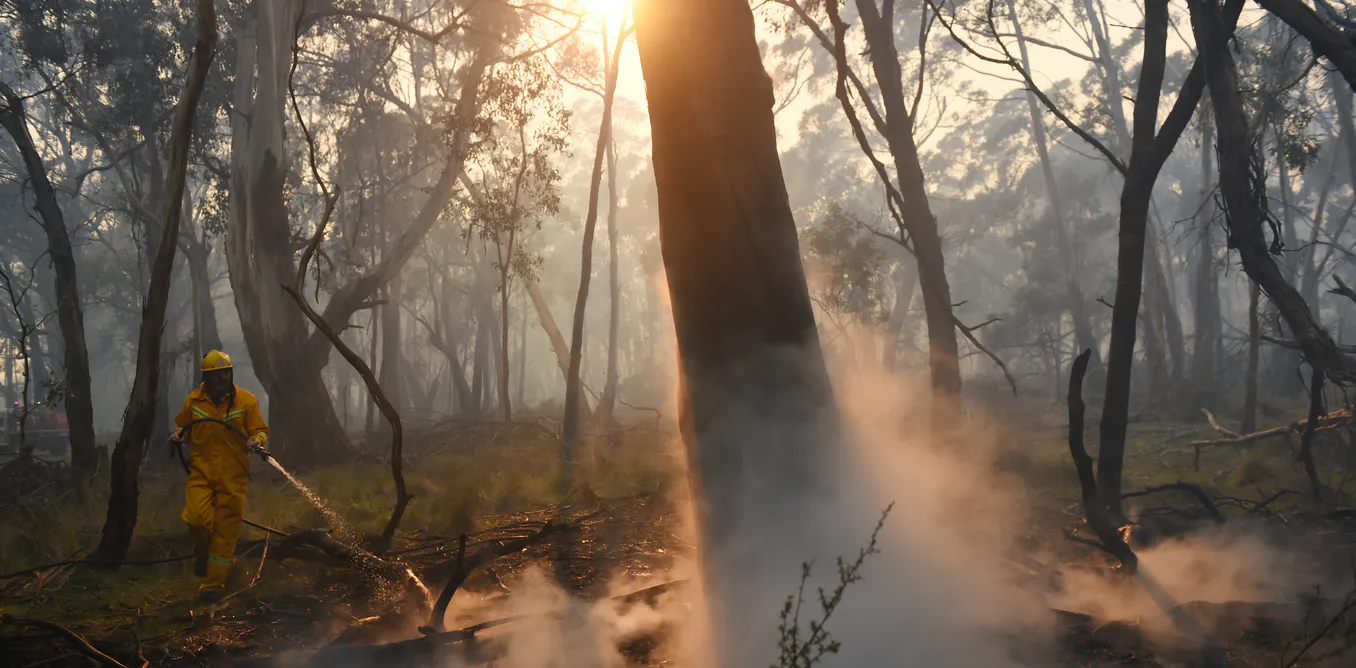
October 07, 2015
Are you at risk from natural disasters? Research shows media reports could actually reduce people’s perceptions of risk.

November 07, 2014
This is the fourth article in a series, How we make decisions, which explores our decision-making processes. How well do we consider all factors involved in a decision, and what helps and what holds us back?

June 05, 2014
Earlier this week an impressive cast of academics, policy experts and business leaders gathered in Sydney at the inaugural Behavioural Exchange meeting to talk about “nudges”.

April 11, 2014
In 2011, then chairman of Australia's Future Fund gave this response when asked about climate change: "If we’re not certain that the problem’s there, then…we shouldn’t take actions which have a high severity the other way."

May 15, 2013
What roles do unconscious influences play on your behaviour and decision-making? The answer might not be as simple as you think.

May 02, 2013
Intuition is thus often invoked to explain how the mind can “see” answers to problems or decisions in the absence of explicit reasoning - a "gut reaction". But is there any evidence for this?
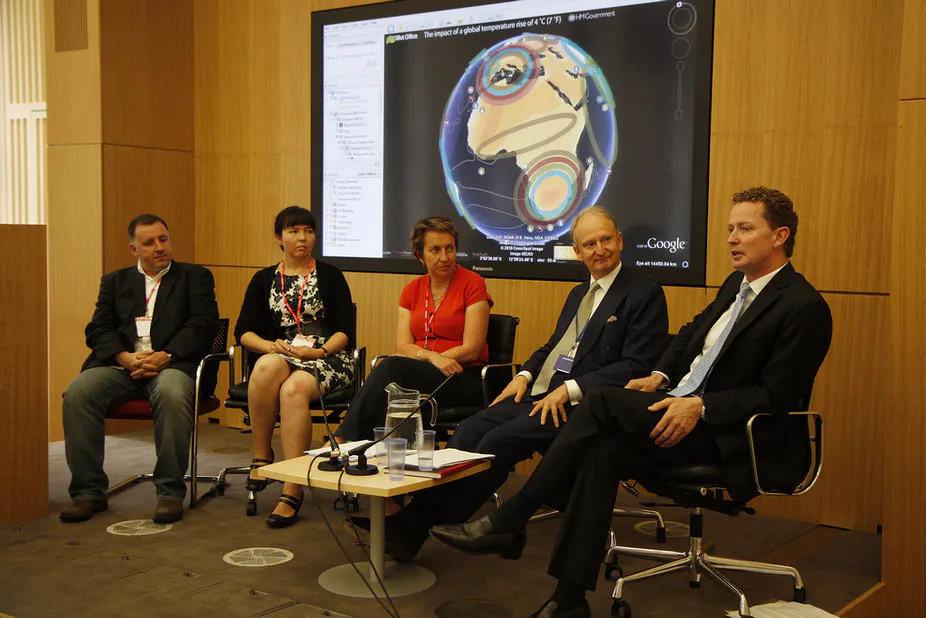
November 28, 2012
Does scientific knowledge matter in the climate debate? Recent research suggests that it is not “what you know” but “who you are” that counts in making up your mind about climate change.

April 17, 2012
Imagine a six-sided die with four red faces, one green face and one blue face. I am going to roll the die, and before rolling I will ask you to predict which colour it will land on: red, green or blue…

July 26, 2011
We see it in the media all the time. Regular beachgoers who see no evidence for sea-level rise, farmers trusting long-term experience over Bureau of Meteorology forecasting, Antarctic sea-captains whose…
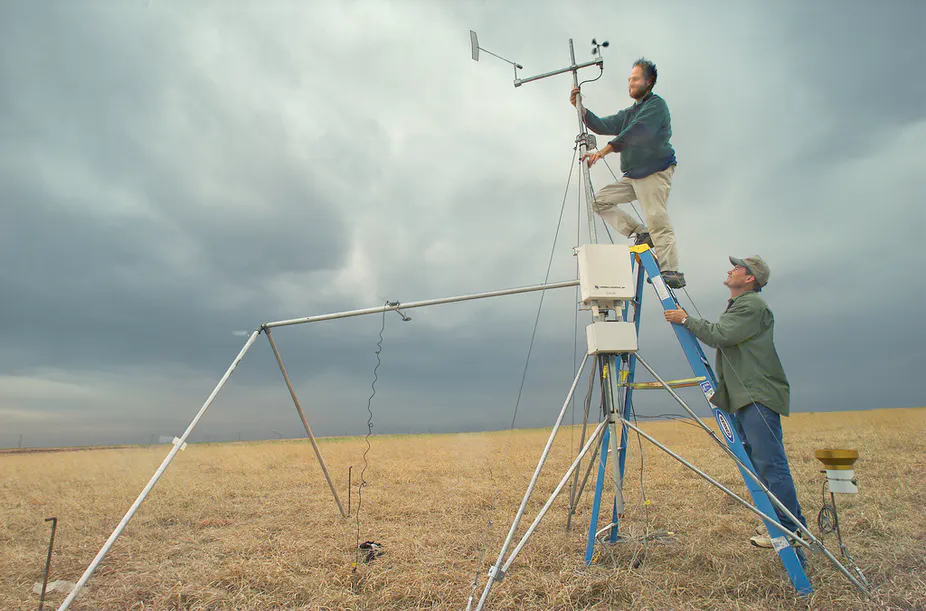
March 28, 2011
Most of us don’t really understand climate change, and for some of us that means we can’t accept it. Sure, the evidence is compelling, but sadly humans aren’t always interested in evidence when it comes…
